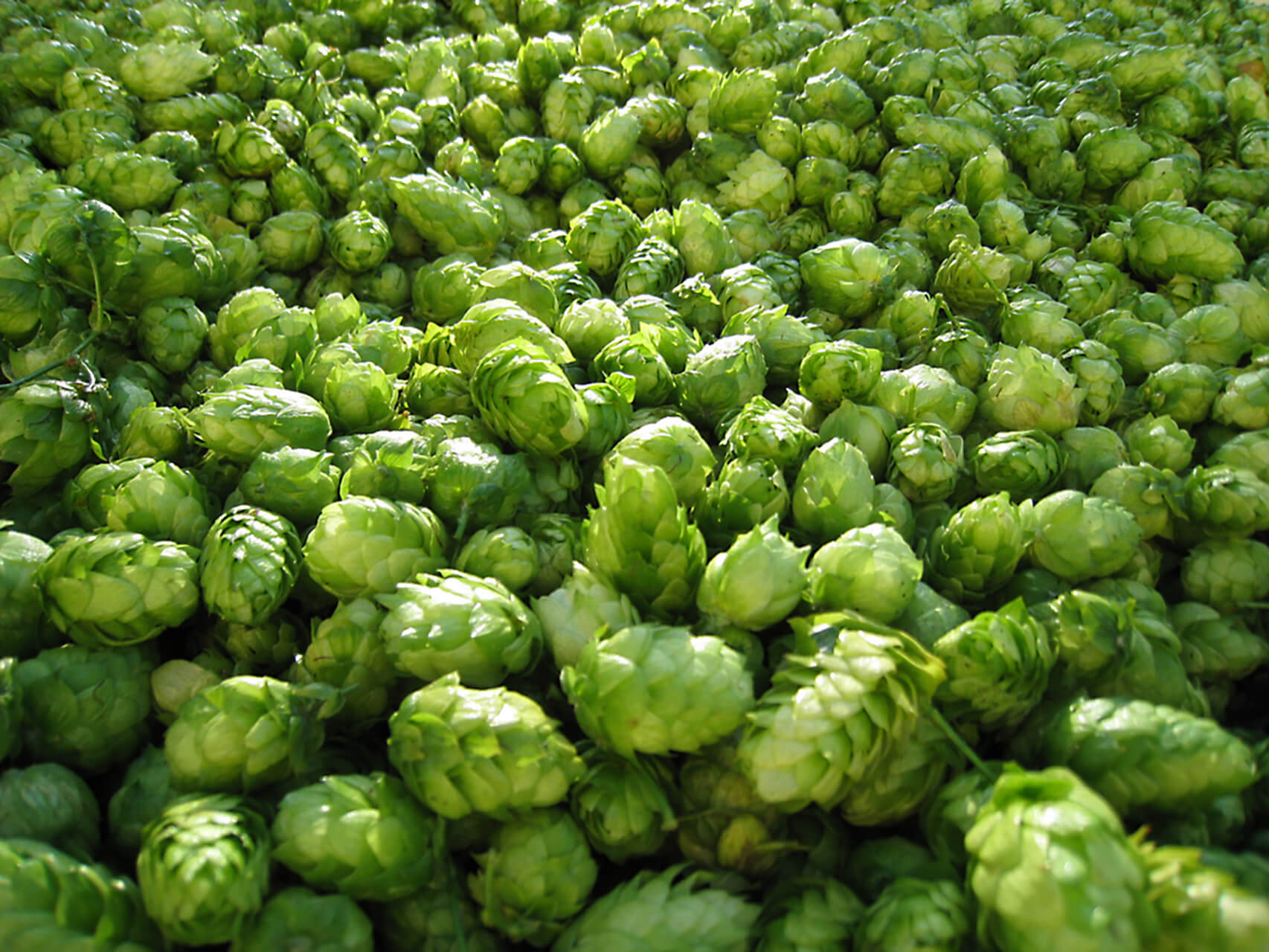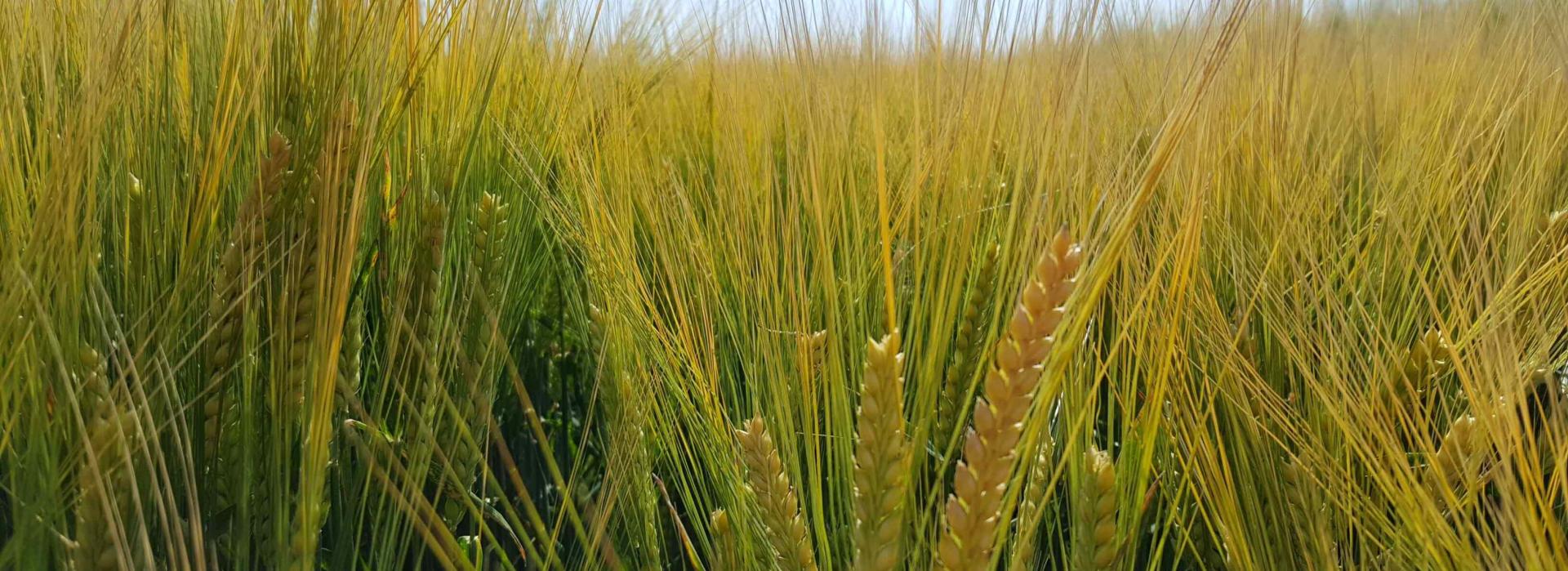
Stewardship of Our Planet
We rely on raw materials like barley, hops and clean water to make our beverages. We collaborate with our growers and suppliers to embed better practices across our supply chain. Our goal is less waste and more efficiency behind every bottle. The result is beverages that are not just better to drink, but better for our planet.
Since 2016 we have analyzed our enterprise-wide carbon and energy footprint on an annual basis, allowing us to identify our key sources of emissions and find opportunities to meaningfully reduce our carbon emissions and energy impact.
By 2025, we aim to reduce absolute carbon emissions from our direct operations (Scope 1 & 2) by 50% and achieve an absolute carbon emissions reduction of 20% across our supply chain (Scope 1, 2 & 3). Molson Coors’ 2025 emissions-reduction targets were verified by the Science Based Targets initiative as aligned with the goals of the Paris Climate Agreement (1.5°C pathway).
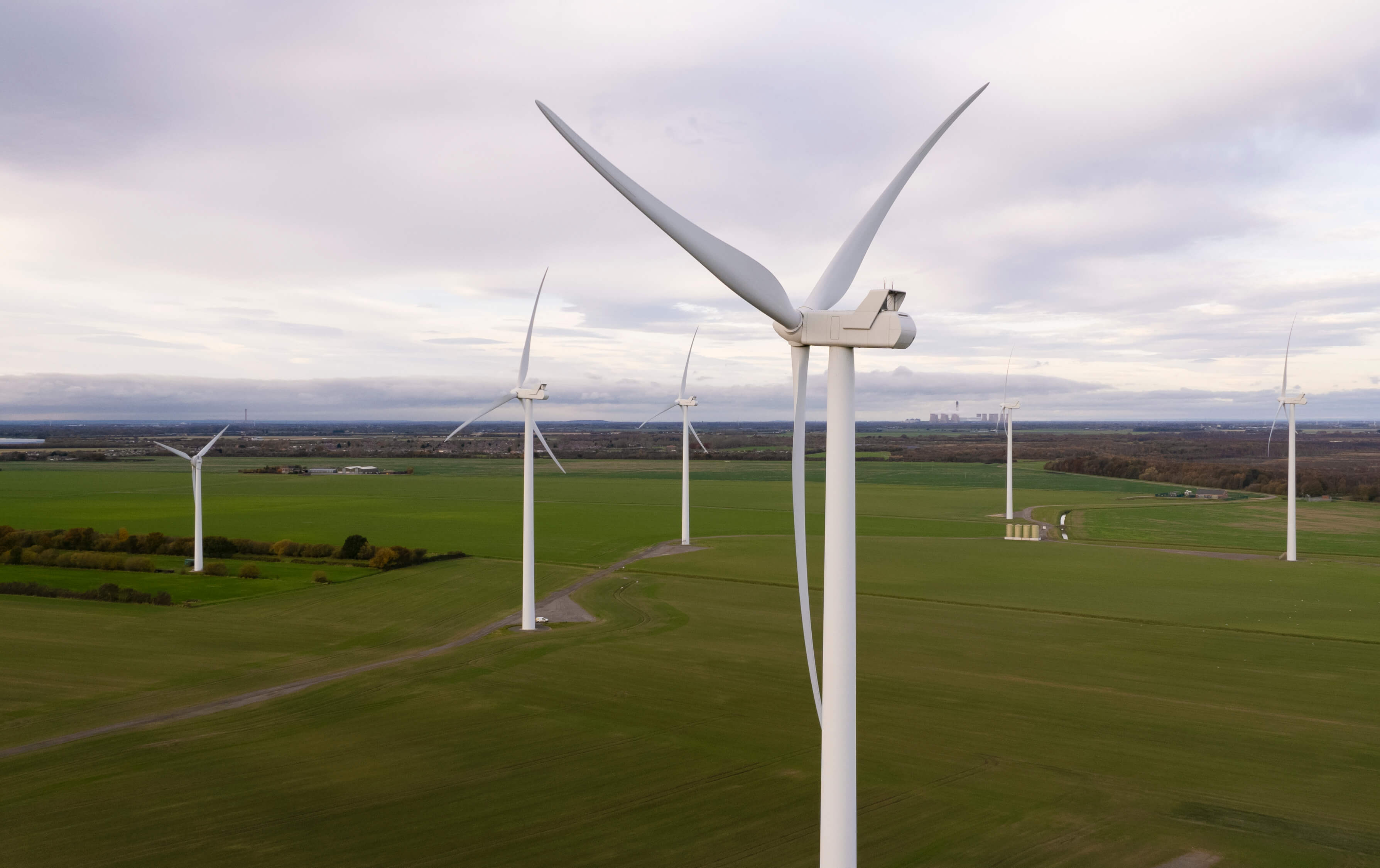
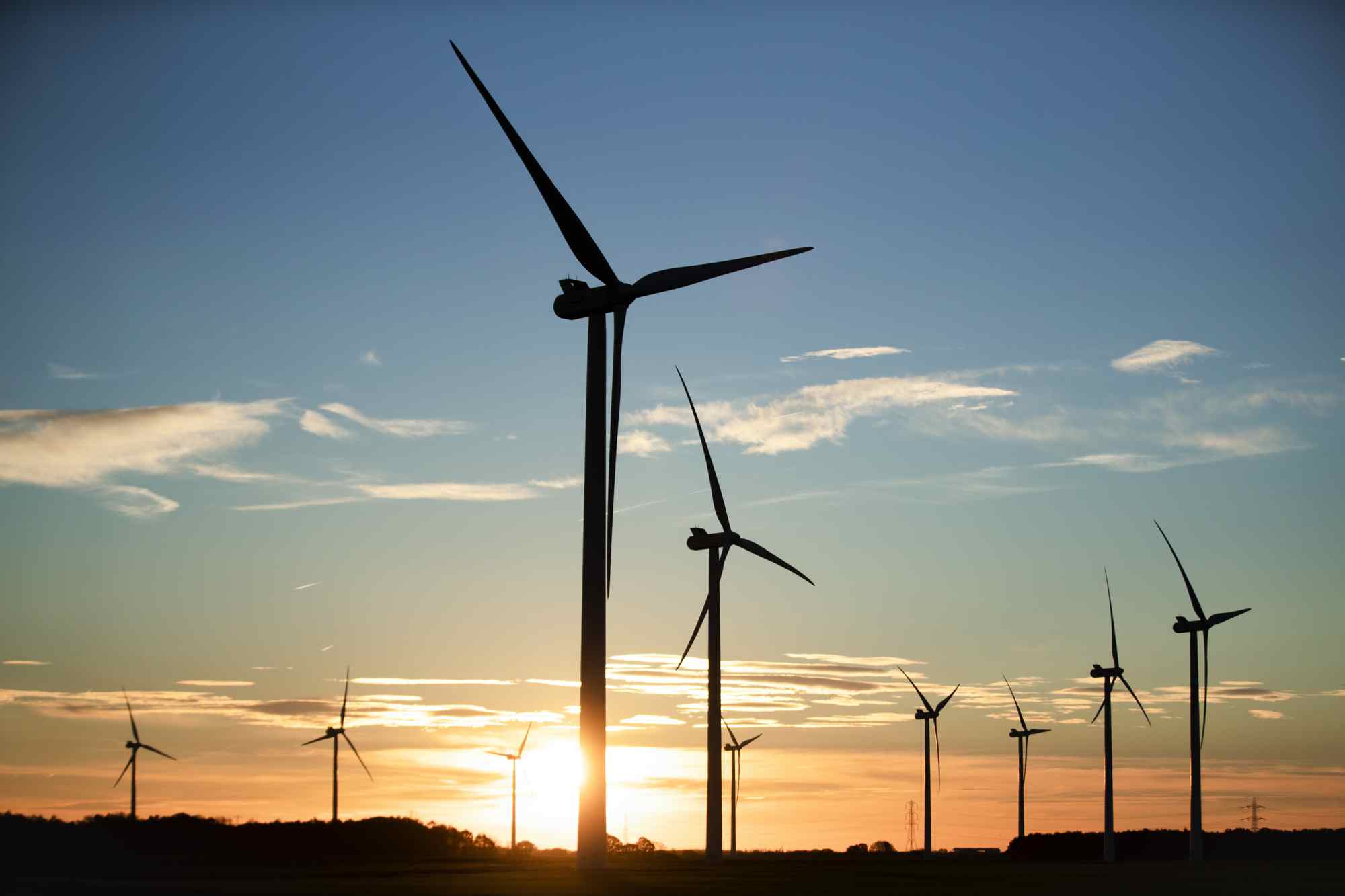
As part of our plan to reduce carbon emissions and energy usage in our operations, we are investing in efficiency improvements, renewable energy solutions and performance tracking. We also are investing in initiatives expected to reduce our indirect emissions in our value chain, from our packaging materials to transportation and logistics.
More information about Molson Coors’ carbon and energy disclosures can be found in our CDP-Climate Change submission (www.cdp.net).
Water is the most essential ingredient in our products. We are committed to leading water stewardship by protecting at-risk watersheds along our value chain, and we have set aggressive targets to protect water resources, especially in high-risk watersheds and throughout our agricultural supply chain.
We have set a 2025 target to improve water use efficiency in our large breweries by 22% (versus 2016) to achieve a 2.8 hl/hl water-to-product ratio. The water efficiency improvements we are implementing include process improvements, capacity optimization and reclamation of water for reuse in other operations.
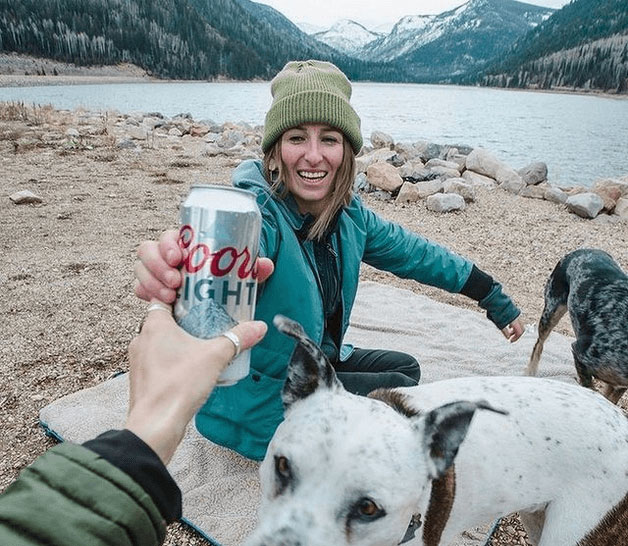
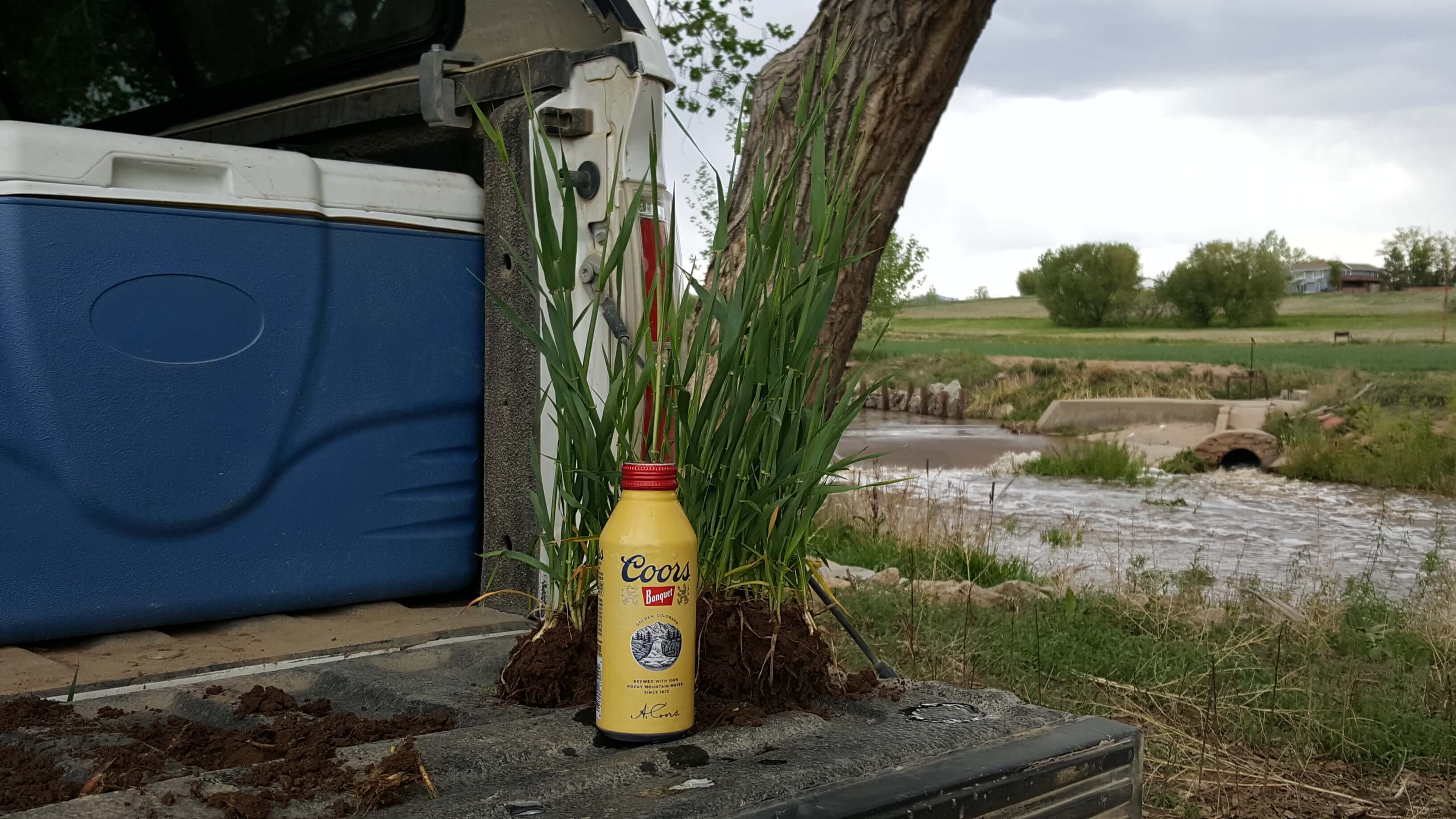
To protect and improve the watersheds adjacent to our operations, we partner with industry peers, government organizations and community stakeholders to implement water stewardship programs and protect water resources. We focus our efforts on at-risk watersheds, which we define as experiencing challenges related to quantity, quality or access to clean water.
We also are active members of several cross-industry working groups, including BIER, a partnership of leading global beverage companies working together to help our industry improve environmental stewardship.
More information about Molson Coors’ water disclosures can be found in our CDP-Water Security submission (www.cdp.net).
We are working towards achieving zero-waste-to-landfill at all of our major manufacturing sites by 2025. We also aim to make 100% of our packaging reusable, recyclable or compostable by 2025, use more recycled materials in our plastic packaging, and improve recycling solutions.
Packaging materials are the largest source of emissions in our value chain footprint, accounting for approximately 37% of our total carbon emissions as of 2021. Accordingly, we are targeting a reduction in emissions from packaging materials by 26% by 2025 (versus 2016).
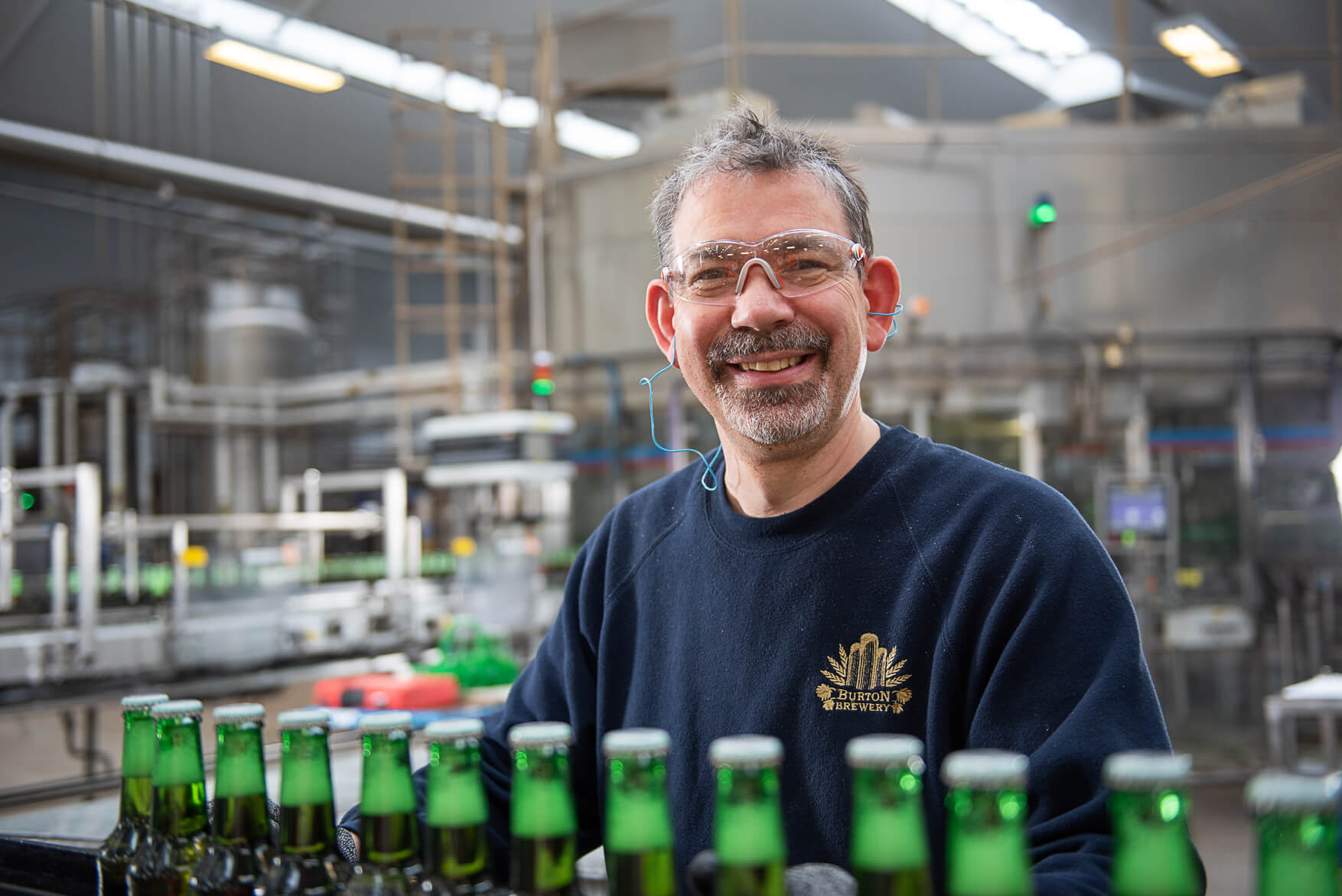
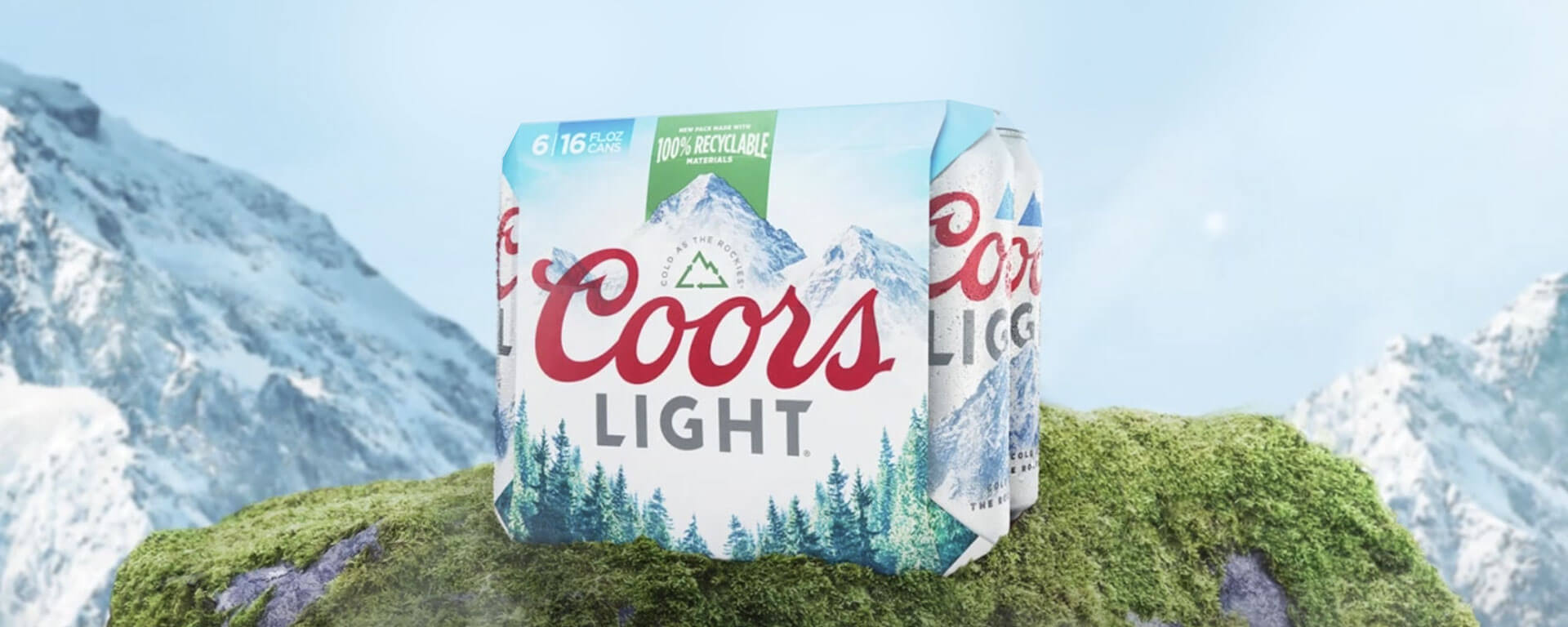
Globally, we continue to invest in innovation and remain committed to partnering with our suppliers, using the principles of our Global Packaging Policy.
Check out what Coors Light is doing here.
Great beer needs great barley and hops, which makes working with dedicated farmers in our supply chain to produce high-quality ingredients critical. By 2025, we plan to source 100% of our barley and hops from suppliers who grow, produce and deliver in a manner that recognizes and embraces our sustainability standards. We also have challenged ourselves to improve the water-use efficiency of our agricultural supply chain and malting operations by 10% by 2025 (versus 2016).
We work with our farmers and suppliers to encourage them to recognize and adopt the six principles of our Agricultural Brewing Ingredients policy To support this, we include sustainability metrics, such as CO2 emissions and energy and water use, on our Supplier Quality Scorecards for high-priority suppliers.
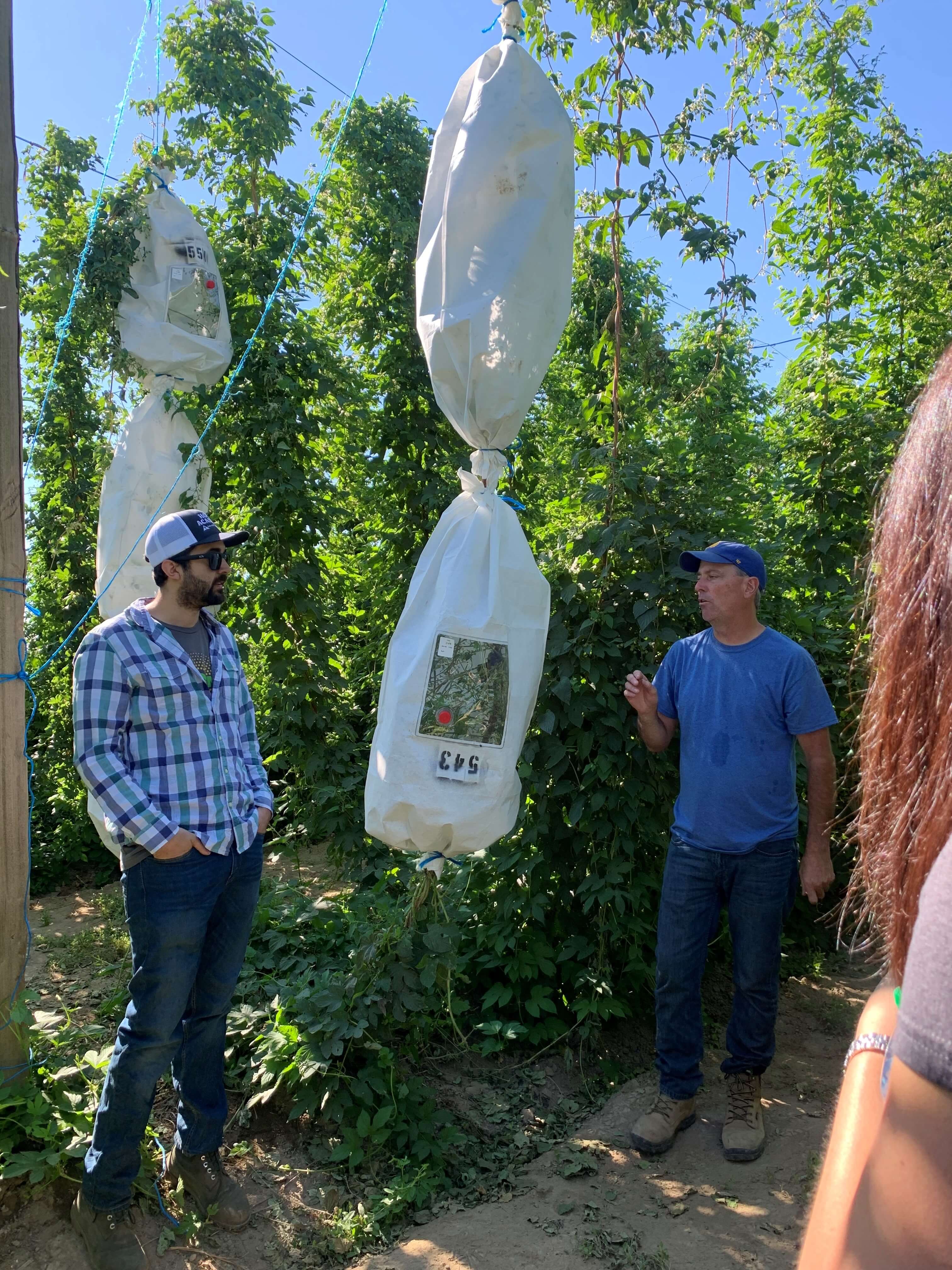
In the U.S., we developed our Grower Direct Portal, an innovative digital platform where farmers provide data on the agricultural practices of each field. We use this data to monitor our collective progress against resource goals and seek out which farming best practices that provide the best results.
In the U.K., we support LEAF’s Water Management Tool, which gives farmers a simple way to run a complete health check for water use on their farms. We also partnered with our major grain merchant, Frontier Agriculture, and the European Food and Farming Partnership (EFFP), to set up the Molson Coors Growers Group. The approximately 140 members of the group supply more than 47,000 tons of barley for Molson Coors annually, helping us ensure a top-quality barley supply. All MCGG members have received Red Tractor certification for their malting barley. Red Tractor began in 2000 and has grown to become the U.K.’s biggest farm and food standards scheme, covering animal welfare, food safety, traceability and environmental protection.
We are committed to an ethical and sustainable supply chain and to managing the supply of goods and services in a responsible way. We have codified these standards into our Standards for Suppliers, which set out the minimum expectations of suppliers on environmental, social and economic sustainability based on our global Packaging Policy and Agricultural Brewing Ingredients Policy. We expect suppliers to operate ethically and legally, to make every effort to limit the environmental impact of their business operations, and to have programs in place to help achieve this objective.
We track supplier performance through the Supplier Ethical Data Exchange monitoring service. As part of our due diligence process, we screen our supply base annually to identify key suppliers, which are asked to complete a self-assessment questionnaire to assess their potential risks. We provide suppliers with the tools and support they need to keep improving. For suppliers with a high-risk profile, our process promotes regular audits to ensure our expectations and standards are being met. If supplier practices do not meet our standards, we will work with them to achieve compliance or seek alternative supply.
